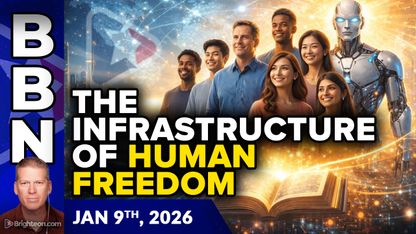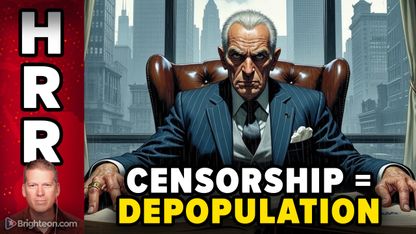
- Trump warns of strategic risks as BlackRock seeks $22B Panama Canal ports deal.
- Panama Canal’s US-built legacy at stake amid China’s opposition to the acquisition.
- BlackRock’s global port control could weaken China’s Belt and Road Initiative influence.
- Military experts highlight Panama’s vulnerability to port blockades disrupting global trade.
- US-China tensions escalate as battle for critical maritime infrastructure intensifies.
President Donald Trump's recent congressional address has thrust the Panama Canal into the spotlight of a new geopolitical contest. Trump highlighted BlackRock's proposed $22 billion acquisition of ports at either end of the Panama Canal—currently owned by Hong Kong-based CK Hutchison—calling attention to the strategic risks of foreign control over vital infrastructure.
The Panama Canal remains a flagship symbol of American engineering prowess. As Trump noted, the canal was constructed at tremendous human cost with 38,000 workers losing their lives during its construction. "It was built by Americans for Americans," Trump declared, referencing the 1977 Carter administration treaty that transferred control to Panama for $1. Trump stated this agreement "has been violated very severely" and vowed, "We're taking it back."
The ports at Balboa (Pacific) and Cristóbal (Atlantic) handle significant U.S.-China trade. Their acquisition by BlackRock—America's largest asset manager—would impact China's global port network. According to The Wall Street Journal, communication between BlackRock and the Trump administration suggests the government had advance knowledge of the deal.
China's opposition
Beijing's response was swift. Chinese foreign ministry spokesperson Mao Ning reportedly told CNN that China "has always firmly opposed the use of economic coercion, hegemonism and bullying." Interestingly, this comment doesn't appear in the transcript on the Chinese Ministry of Foreign Affairs website. China's market regulators are now reviewing the sale under anti-monopoly pretexts.
U.S. State Department spokeswoman Tammy Bruce countered: "It's no surprise that the CCP is upset at this acquisition, which will reduce their control over the Panama Canal area. We are also glad to see U.S. investors acquire a controlling stake in the Panama Ports Company."
Global strategic implications
The deal extends beyond Panama's ports. The proposed CK Hutchison sale would give BlackRock operational control over 43 ports in 23 countries. Journalist Ann Vandersteel noted this would affect "199 berths across key maritime chokepoints" and significantly impact China's Belt and Road Initiative infrastructure.
"This would have instantly wiped out about one-third of the PRC’s global port reach, dealing a colossal blow to China’s Belt and Road Initiative (BRI) infrastructure,” she specified.
Military strategist Michael Yon highlighted Balboa Port's vulnerability: its narrow channel could easily be blocked, similar to the 2021 Suez Canal incident where the Ever Given container ship halted traffic for six days. Past incidents, including a 2020 ship collision that destroyed the Panama Canal railway bridge, demonstrate these risks aren't theoretical.
Washington is taking a more assertive stance on shipping chokepoints. The Federal Maritime Commission recently launched investigations into global maritime chokepoints, including Panama, citing risks to supply chains and U.S. interests.
The ultimate resolution may depend on Panama's patience with Beijing's delay tactics and congressional support for infrastructure investments. For many, the Panama Canal represents both historic sacrifice and current strategic interests—a reminder that secure trade corridors remain pillars of national strength.
As China attempts to block the deal, the United States faces a critical test: Can it reclaim strategic infrastructure while competing in global markets? BlackRock, with its $11.5 trillion portfolio and CEO Larry Fink's ties to Trump, represents this challenge of balancing private investment with national security concerns.
The Panama port debate ultimately transcends real estate—it crystallizes a century of shifting superpower priorities and demonstrates that control of maritime chokepoints remains essential to national security in an era of global economic competition.
Sources for this article include:
Please contact us for more information.






















